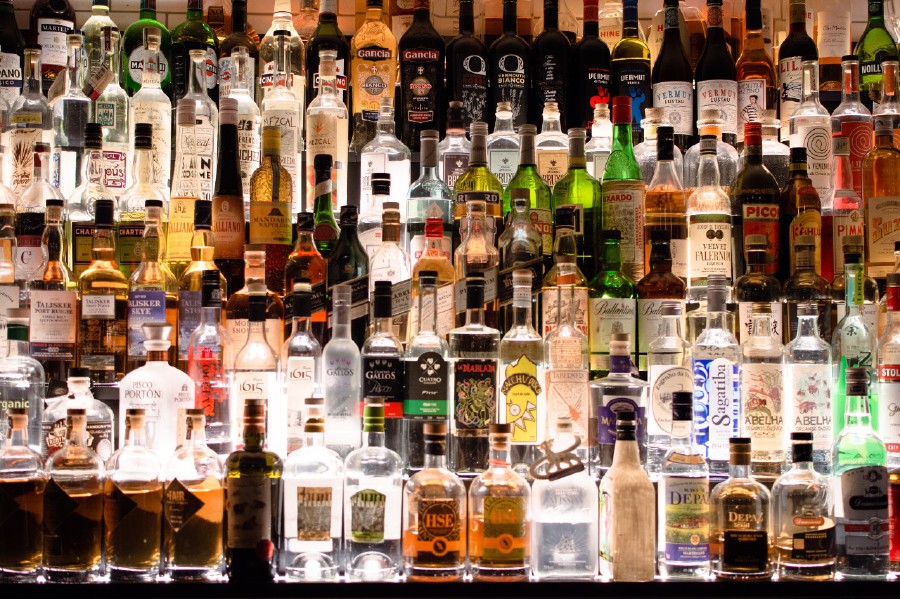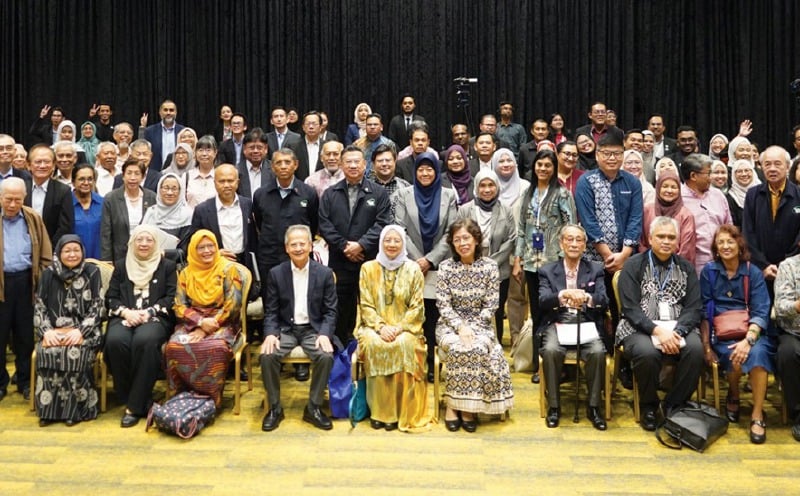LETTER: The International Women's Alliance for Family Institution and Quality Education (WAFIQ) refer to the recent announcement by Dewan Bandaraya Kuala Lumpur (DBKL) on liquor sales.
In September 2020, DBKL announced that it would no longer be renewing liquor licenses to sundry shops, convenience stores and Chinese medicine shops.
Unfortunately, on September 30, 2021, DBKL announced that the ban on liquor sales by grocery and convenience shops as well as Chinese medicine halls around the capital had been postponed for a month till October 31.
The proposal was hardly an 'alcohol ban' as pubs, restaurants and bars would still be allowed to serve alcohol. As gentle as this change was meant to be, it was still welcomed by the majority of citizens, including the Federal Territory Information Chief of the Malaysian Indian Congress (MIC), Dr Pala Kumaran citing the numerous harms alcohol consumption brings to the community.
The only objections came not unexpectedly from the Kuala Lumpur and Selangor Chinese Assembly Hall, and on social media from the upper-middle class urbanites, citing the loss 'metropolitan multicultural spirit of harmony' and of course the monetary losses. Underlying this current were accusations of 'tyranny of the majority', or 'religious fundamentalism chipping away at personal freedoms'.
There is a lot to unpack here.
Firstly, it is globally acknowledged that any presumed benefits connected to the production, sale, and use of alcohol come at an enormous cost to society. Alcohol is not an ordinary commodity. It causes medical, psychological and social harm by the mechanisms of physical toxicity, intoxication and dependence.
Secondly, considering that the alcohol industry or Big Booze is following the footsteps of its evil cousin Big Tobacco by concentrating on Asian and African markets as their business dwindles in Western countries, it would be prudent to pre-emptively create a national alcohol policy which recognizes these harmful features, and a comprehensive system to regulate its use.
There are seven potential areas for intervention to reduce the harm caused by alcohol.
1. Alcohol taxes and price controls
2. Regulation of the physical availability through restrictions on time, place and density of alcohol outlets (which is the target of DBKL's proposed regulation)
3. Regulation of advertising and marketing
4. Altering the drinking context
5. Drink-driving countermeasures
6. Intervention and screening in health care settings
7. Education and persuasion
In terms of health and safety, the evidence of the harms of alcohol have never been clearer. In 2016, the most comprehensive study of the global burden of alcohol use by The Global Burden of Disease 2016 Alcohol Collaborators was published in The Lancet, a prestigious medical journal.
It clearly demonstrated the substantial, and larger than previously estimated, contribution of alcohol to death, disability, and ill health, globally. The results were so compelling that it prompted the Chief Medical Officer of the UK to state that there is "no safe level of alcohol consumption".
The World Health Organisation (WHO) has classified alcohol as a Class 1 carcinogen, along with asbestos and tobacco.
Consuming alcohol increases the risk of developing cancer of the bowel, mouth, pharynx, larynx, oesophagus, liver and breast.
In the same year the Lancet study was published, the US CDC also released a warning that an estimated 3.3 million women between the ages of 15 and 44 years in the US are at risk of exposing their developing baby to alcohol because they are drinking, sexually active, and not using birth control to prevent pregnancy.
Alcohol use during pregnancy, even within the first few weeks and before a woman knows she is pregnant, can cause lasting physical, behavioral, and intellectual disabilities that can last for a child's lifetime.
These disabilities are known as fetal alcohol spectrum disorders (FASDs). There is no known safe amount of alcohol – even beer or wine – that is safe for a woman to drink at any stage of pregnancy.
In addition to this, we also need to consider other well-known harms such as drunk-driving injuries and fatalities, domestic violence and jeopardization of expenditure for food and other family necessities which correlate with health.
When discussing this problem, what truly matters is evidence and objectivity. This is a global problem evidenced by numerous worldwide efforts, such as the Minimal Unit Pricing (MUP) currently underway in Scotland, the 2005 protests by Buddhist monks in Thailand over the proposed public listing of Thai Beverages Ltd in the Stock Exchange of Thailand (SET), Australia's National Alcohol Strategy 2019-2028 and many more.
Families destroyed by alcohol dependence, breadwinners killed by drunk drivers, the burden on our health services, can these costs and their far-reaching consequences be quantified reliably? What level of tolerance will we have before we say enough is enough?
To that end, we strongly urge DBKL to continue with the proposal to limit liquor licenses as originally planned and to extend them further if possible, and to prioritize the safety, harmony and wellness of the many who stand to benefit from this intervention.
Assoc Prof Dr rafidah Hanim Mokhtar
President of (WAFIQ) and lecturer at the Faculty of Medicine and Health Sciences, Universiti Sains Islam Malaysia (USIM)
The views expressed in this article are the author's own and do not necessarily reflect those of the New Straits Times










